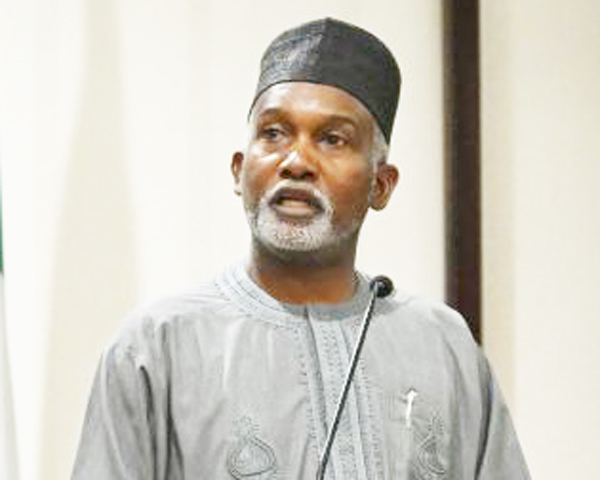The Federal Government has identified a lack of adequate funding as part of the reasons why Nigeria has not appointed ambassadors for foreign missions since the beginning of President Bola Ahmed Tinubu’s administration one year ago
The Minister of Foreign Affairs, Ambassador Yusuf Maitama Tuggar, while disclosing this at the ministerial briefing to mark the first anniversary of the President Tinubu administration, on Tuesday in Abuja, also said the government inherited a tough financial situation, which made it difficult for many missions to receive adequate funding for their smooth operation.
The Minister said there is no need to send an ambassador to a foreign mission when there is no money to run such places, adding that efforts were being made to send people to those missions.
Tuggar, while illustrating the development in the Ministry, said President Tinubu’s administration has facilitated a €250 million investment from the Netherlands to boost existing business in Nigeria.
He added that $14 billion worth of investment commitments from Indian investors across ICT, Power, Steel/Manufacturing, Agriculture, Defence, Telecom, Space Communications, Digital solutions, Insurance, Processed foods, Real estate, and Hospitality was also facilitated.
“Financing Agreement of £100 million on the Digital and Creative Enterprises Program (I-DICE) and the signing of MOUs worth $600m between Nigeria and France aimed at promoting entrepreneurship and innovation in digital technology and creative industries.”
“A $2bn investment with Germany on the Nigeria-Siemens Power Project. A $500m MOU to export LNG to Germany between Nigeria Riverside LNG and Germany’s Johannes Schuetze Energy Import AG.”
“Under the accord, it is agreed that Nigeria is to supply 850,000 tons of natural gas to Germany annually which is expected to rise to 1.2 million by 2026.”
ALSO READ: Counter-terrorism: Nigeria seeks partnerships not handouts — Tuggar
“The signing of 7 MOUs with Qatar to foster knowledge exchange, combat illicit trade, promote youth development, and ensure fair employment practices”
“As an outcome of the U.S.-Nigeria BNC, the U.S. committed to contributing at least $12 million to Nigerian efforts to increase the transparency of public monetary management and civil society efforts to increase government transparency.”
“Repatriation of stolen Nigerian funds from the US to be utilised for investment in Nigeria’s public sector to be received through the AFDB.”
He also said the establishment of a Joint Business Council (JBC) between the Qatar Chamber of Commerce and Industry and the Nigerian Association of Chambers of Commerce, Industry, Mines and Agriculture (NACCIMA) to facilitate trade partnerships, investment opportunities, business networking, economic growth, food security and agricultural output and the Global Gateway.
